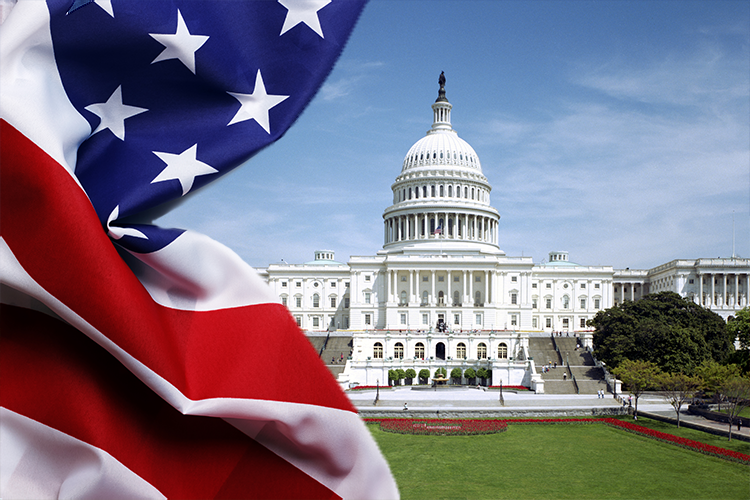POLITICS IN PUBLIC SCHOOLS
Should schools allow students to have political clubs?
October 13, 2020
Politics is a very important factor in student’s lives today, especially right now with elections coming up in November. As of today, Americans are divided into two groups, conservative and liberal, so would having political clubs at Suncoast divide us or unite us?
“No, schools should not allow political clubs, especially public schools, because the differences in student’s beliefs might bring collisions and chaos unless there are peaceful political clubs in which they don’t debate, because that’ll just lead to a school war zone. And as long as students don’t hang up propaganda because it’s a school, not an election,” freshman Terrance Williams stated.
You cannot just look at the negatives when answering this question because there are many benefits and advantages for political clubs. Having political clubs at schools can allow students to express their views with other students and probably even try to convince others to vote. Voting is not a duty, it is a responsibility, and since people are not forced to vote, they feel voter apathy. Another reason why people do not vote is that because some people do not know who to vote for or they just do not educate themselves on the candidates and forget the elections as a whole. Political clubs in schools can encourage students to vote because it could teach them the importance of voting in their future and help them pick who they want to vote for as well.
When it comes down to the law, schools cannot ban a club just because it is against their beliefs or ideology. The Equal Access Act provides that a “public secondary school has a limited open forum whenever such school grants an offering or an opportunity for one or more non-curriculum-related student groups to meet on school premises during non-instructional time.” So saying that people having opposing beliefs will cause chaos because every student is not open-minded, is something that the school and their parents need to handle. This will lead students to think that they have the right to discriminate against others because of their beliefs when in reality they can just simply stay out of it and mind their business. Do not punish those students who wish to have a positive outcome from political clubs because some students will be up to listen to other people’s opinions opposing their own.
“In my opinion, I feel like political clubs should not be allowed in schools. There is no teenager thinking about politics when they come to school. And if someone does want to learn about politics, they need to do that on their own time because politics should not be involved in a school environment. I know that when I come to school, politics is not on my mind at all, my mind is on trying to get the heck back home and in my bed,” junior Bryce Alexander said.
Most people do not think like that; students rely on education to teach them things about the outside world, like politics. If we have to learn about politics in AP United States Government and Politics, then there should not be a problem in having clubs talk about it to get students into politics outside of the classroom. Also, political clubs are not excluded when it comes down to extracurricular activities and non-curriculum-related student groups because they do have the right to form that club due to the First Amendment in the constitution. If schools were to ban political clubs, then they also have to ban other non-curriculum clubs, or else there may be going to be another court case similar to Tinker v. Des Moines and Board of Education of the Westside Community Schools v. Mergens.
“I think political clubs should not be allowed because it could cause many problems between students, and maybe even teachers. Knowing someone’s political beliefs could cause you to treat them in a bad way because some people have resentment against political beliefs that don’t match theirs,” Junior Danielle Devose said.
It is not okay to take away someone’s First Amendment right because of possible harassment, that would make it illegal and the school needs to take action if that were to happen.“The Equal Access Act of 1984 forbids public schools from receiving federal funds if they deny students the First Amendment right … Some schools have sought to avoid controversial clubs to form by eliminating all non-curricular clubs,” stated in an article by Jane G. Rainey.
Students do have limited speech when arriving on a public school campus, but this should not mean they can not voice their opinions about their political ideologies or beliefs because it is a basic human right to be able to speak freely and appropriately on a school campus without any consequences and repercussions. It should be like this in the world outside of school as well where people unite and appreciate their differences in opinion, instead of being divided for political reasons. You should be able to express your ideas and judgment without undergoing hate or aversion.

